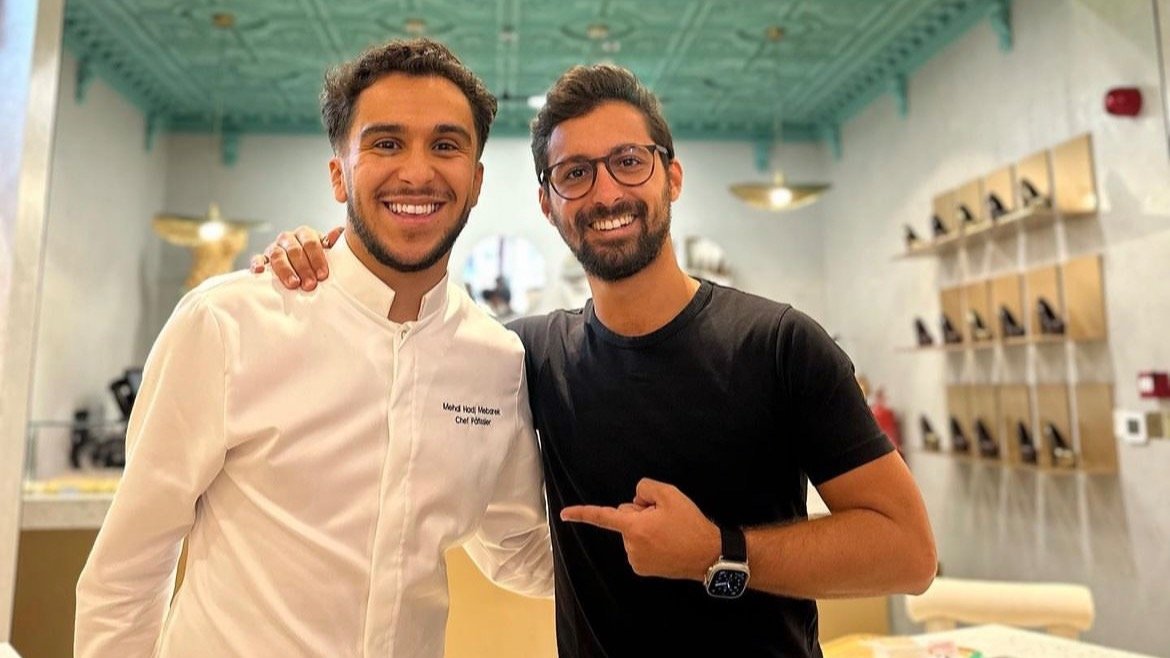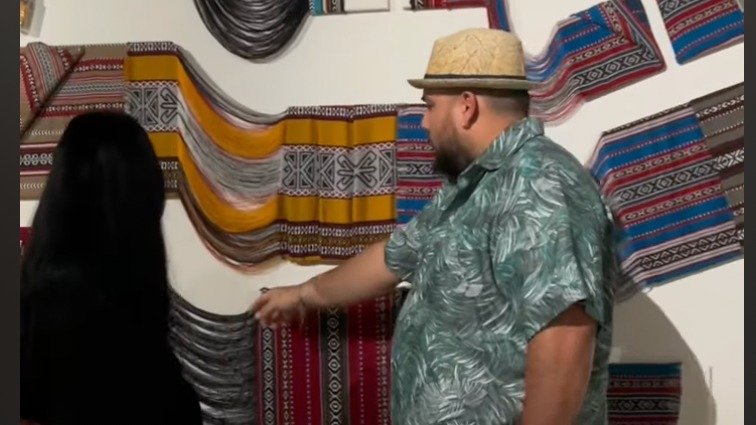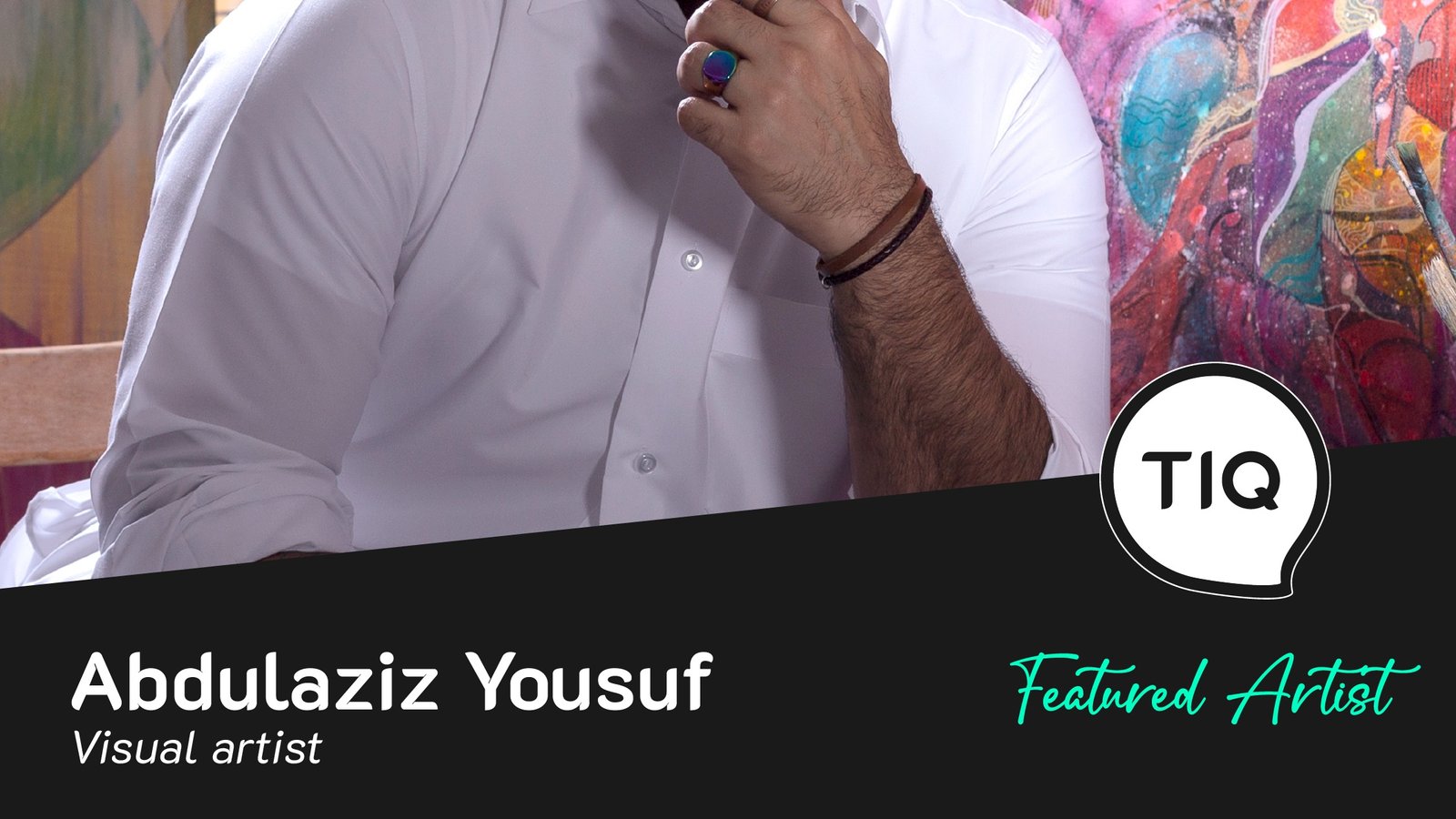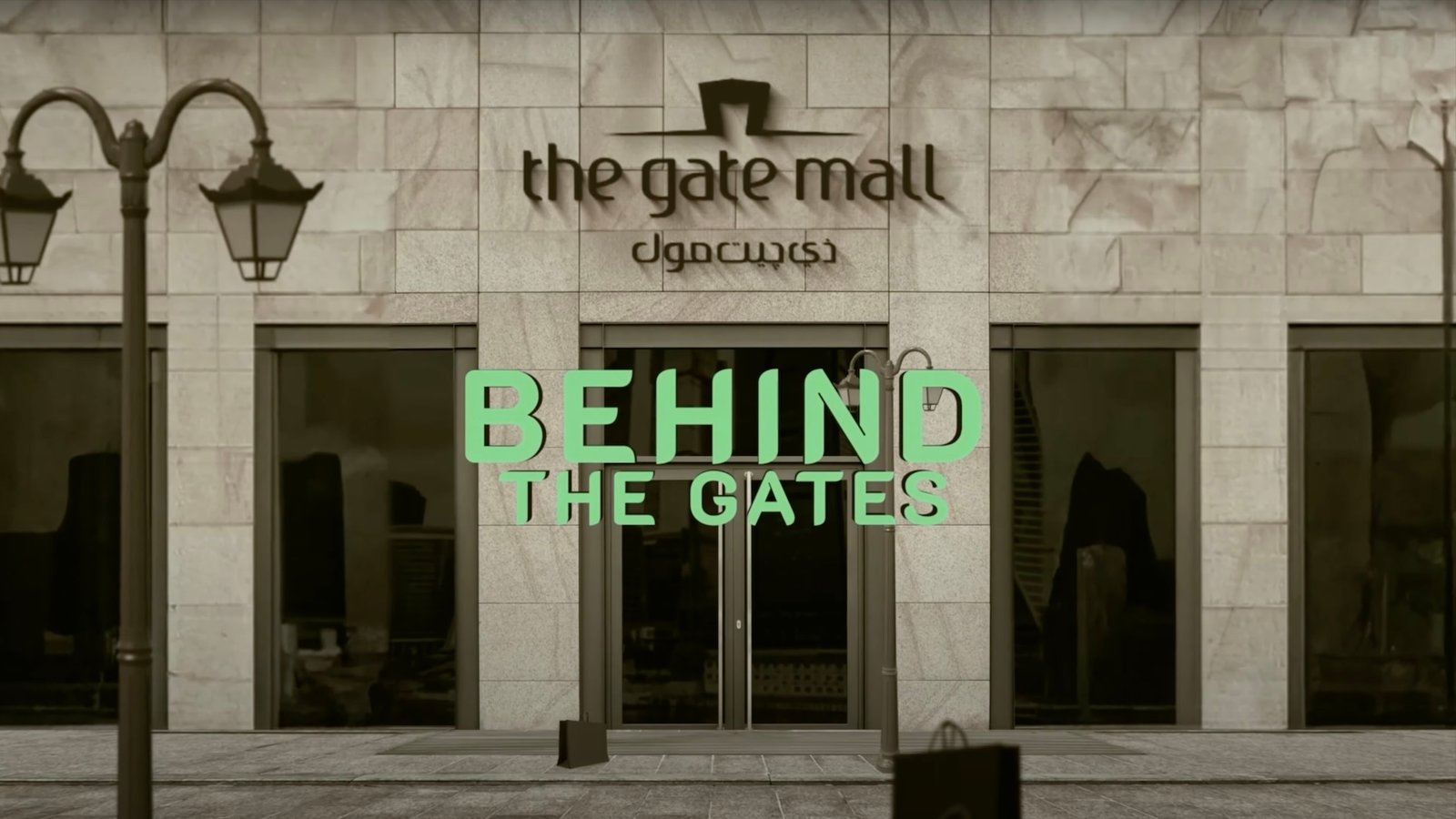Hoops for All Basketball Camp: A FIBA Foundation Initiative Led by...
Abdulrahim Ashraf Abuissa, a FIBA Youth Leader and FIBA Foundation Basketball...
Dec 16, 2024
Experts from QF’s Hamad Bin Khalifa University are developing Artificial intelligence techniques to preserve Islamic heritage and the Arabic language.
sania siddiqui, Jun 05, 2024
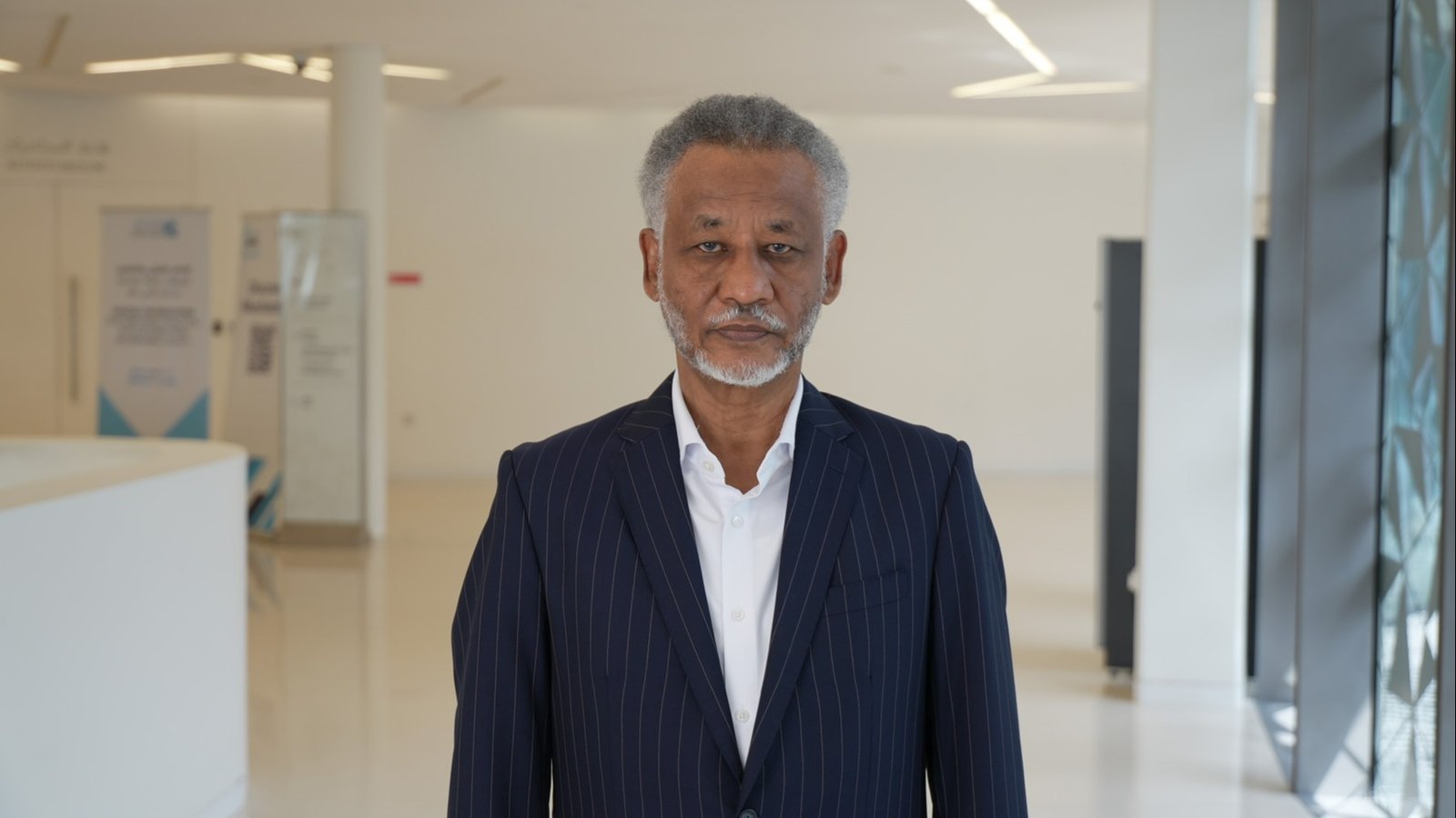
Modern technologies – especially Artificial Intelligence – are considered one of the most important tools in preserving heritage and enhancing cultural interaction between different peoples and cultures.
Through a combination of technology and human creativity, Artificial Intelligence (AI) can open new horizons for exploring, understanding, and documenting heritage, enriching, and renewing the human experience and its wealth of history and culture.
At Qatar Foundation (QF), experts are working on projects that aim to integrate technical innovation with cultural and historical heritage. These projects are using advanced technologies such as machine learning and natural language processing and developing tools and software that enable heritage to be monitored and documented in an effective and comprehensive manner – and contribute to it being protected for, and communicated to, future generations.
Dr. Ibrahim Muhammad Zain, Professor of Islamic Studies and Comparative Religion at QF member Hamad Bin Khalifa University’s (HBKU) College of Islamic Studies, says AI has a key role in preserving heritage and presenting it to people in a systematic and organized manner, indicating that there is another, deeper level of use for this technology. He sees AI as having the ability to make heritage an active part of our daily lives and enhance its value to education and understanding.
“Through AI, we can preserve heritage and history in a way that has never happened before,” he says. “If we look at our history, we find that heritage was preserved orally, then it was passed on to archivists who worked on recording the oral history in manuscripts, and then it developed into books with the invention of printing in the 18th Century.
“Today, we have moved to a more complex level, which is AI. It provides tremendous potential for preserving heritage in all its forms, whether written, material, or otherwise.”
One project that epitomizes this vision is the Digital Sirah Project. The project, whose first phase commenced in 2018 through a collaboration between Qatar National Library (QNL) and Agha Khan University, reflects the aspiration of Her Highness Sheikha Moza bint Nasser, Chairperson of Qatar Foundation, for QF to undertake initiatives that serve the Sirah of the Prophet Muhammad (PBUH).
In its current phase, the project is curated by QNL and CIS, with the objective of creating the world’s most comprehensive digital portal on the Prophet (PBUH). Its aim is to present the life of the Prophet (PBUH) in a way that is accessible and engaging to the public, particularly youth, through digital mediums and AI elements.
“The Digital Sirah Project aims to focus on the biography of the Prophet Muhammad as a good example for the general public, both Muslims and non-Muslims, and to help them comply with the prophetic values and morals in their daily lives and practices,” says Dr. Zain.
He highlights the necessity of having a “clear and specific” vision when using AI in documenting heritage and history, explaining: “Collecting heritage will not be useful if there is not a clear vision in the way we preserve and coordinate heritage, so that it is helpful in education, effective in our lives, and an expression of the spirit of Arab and Islamic civilization.
"I firmly believe that AI will help us understand heritage. If we use it well, we will get the desired results, and if we misuse it, we will be harming heritage as well."
At HBKU’s Qatar Computing Research Institute (QCRI), experts are working on using AI techniques to preserve the Arab linguistic and cultural heritage, as well as to teach, and advance understanding of, the Arabic language and local dialects.
“AI can be useful in deepening our understanding and analysis of Arabic information and culture, and this is what makes it an essential part of the ongoing efforts made by Qatar Computing Research Institute,” says Dr. Ahmed Ali, a researcher in the center’s Arabic Language Technologies Department.
According to Dr. Ali, the Arabic language is characterized by unique and interesting challenges that do not exist in other languages, such is the diversity of dialects and the multiple ways of writing. “Not only is it pronounced differently, but it also does not have a standard orthography from one dialect to another, which calls for the development of AI tools to understand these disparities and address them efficiently,” he says.
“Using AI, we can recognize different Arabic dialects and distinguish between them. This is done by learning AI from different words and environments to convert spoken texts into written ones, and also to distinguish between speakers from different Arab countries. For example, AI can recognize differences in pronunciation and morphology between Syrian, Algerian, and Egyptian speakers, which makes it a valuable tool for distinguishing between different Arabic dialects.”
QCRI cooperates with many educational institutions in Qatar at the pre-university education stage to train a system for teaching the Arabic language to non-native speakers. It is also used to teach children and young people how to pronounce Arabic words, phrases, and sentences correctly, in addition to developing techniques to correct the writing of classical Arabic in terms of grammar and spelling.
AI can also understand multiple Arabic dialects – such as Egyptian, Levantine, Gulf, and Maghrebi – and interact with them effectively, whether in cars, home appliances, or mobile phones. As Dr. Ali explains: “This contributes to ensuring a smooth interactive experience in Arabic between the user and the device, so that the machine understands us, whatever dialect we use - we do not have to speak English or French for the machine to understand us.”
The Fanar project, which is a result of the strategic cooperation between the Ministry of Communications and Information Technology and HBKU’s QCRI, is one of the most important and contemporary AI models in the Arabic language. It relies on a huge dataset containing more than 400 billion words of high-quality Arabic text, and uses it to produce accurate, high-quality texts that contribute to enhancing the representation of the Arabic language in the field of artificial intelligence globally.
Dr. Mohamed Eltabakh, Principal Scientist at QCRI, says: “Over the past year, there has been a breakthrough in the field of technology with the emergence of large language models, but these models mostly depend on English texts.
“Fanar will be a large language model that relies on Arabic language and its different dialects as a primary language.”
Dr. Eltabakh explains that one of the most important factors that affect large language models is data. As for the Arabic language, the data available on the Internet is very small compared to the English language, amounting to at most 1%, which means that the large language models that currently exist deal with the Arabic language as a marginal language.
He says: “At Fanar, we seek to make the Arabic language an authentic first-class citizen language, and we are working on collecting a large amount of high-quality Arabic data so that it carries the cultural and Islamic heritage and the prevailing values in our society.”
Dr. Eltabakh also points out that Fanar is a generative AI application, which is taught a large set of data that enables it not only to retrieve old data but also to create new texts.
He says: “There is no doubt that Fanar will have a role in promoting innovation in the field of the Arabic language and AI, and in multiple fields, including education, arts, media, and even scientific research.”
Source Press Release

Abdulrahim Ashraf Abuissa, a FIBA Youth Leader and FIBA Foundation Basketball...
Dec 16, 2024

Al Jazeera Media Network will launch its new digital platform “Al Jazeera 360...
Sep 14, 2024

Radisson Blu Hotel, Doha is thrilled to announce the return of its highly ant...
Aug 21, 2024

Eid al-Adha, or the "Festival of Sacrifice," is one of the most significant c...
May 21, 2024
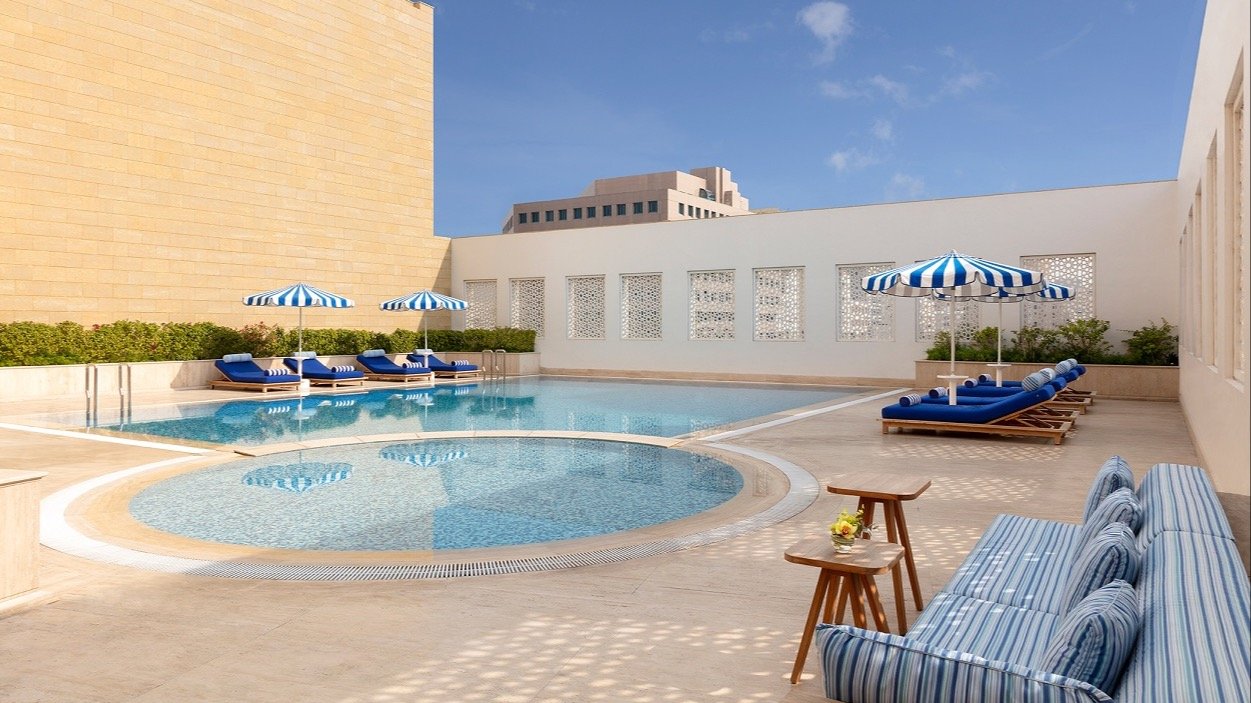
To Celebrate Eid Al Adha and Beat the Summer Heat
Jun 11, 2024

Subscribe to our newsletter !
Dec 19, 2024

Waldorf Astoria Doha is delighted to officially announce the Grand Opening of...
Jun 11, 2024
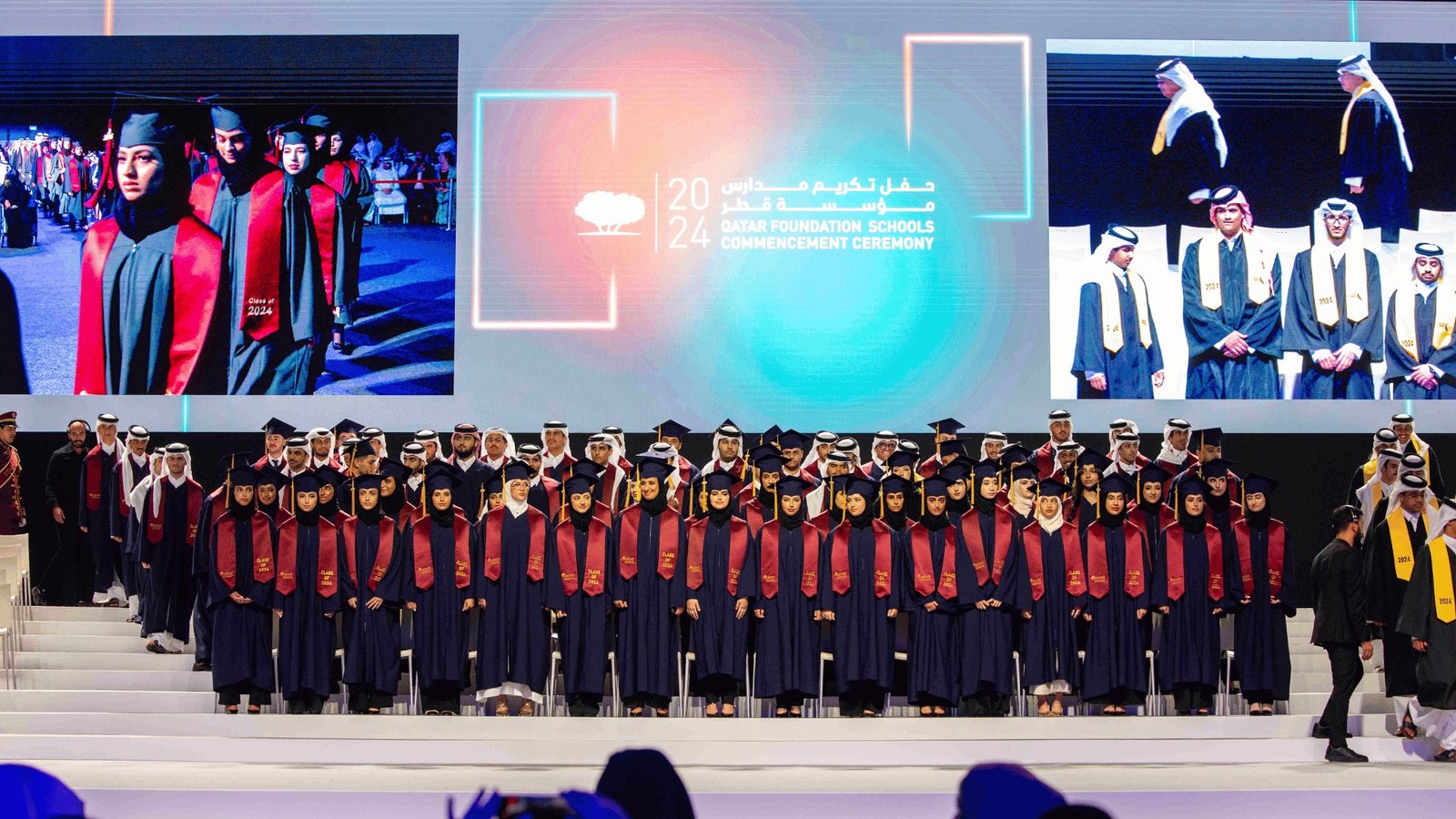
The ceremony honored 290 graduates from seven schools under Qatar Foundation’...
Jun 04, 2024

The MICHELIN Guide announced its arrival in Doha, Qatar for an upcoming 2025...
Jun 04, 2024

52nd Amir Cup Final Tickets: May 24, 2024, Education City Stadium.
May 20, 2024
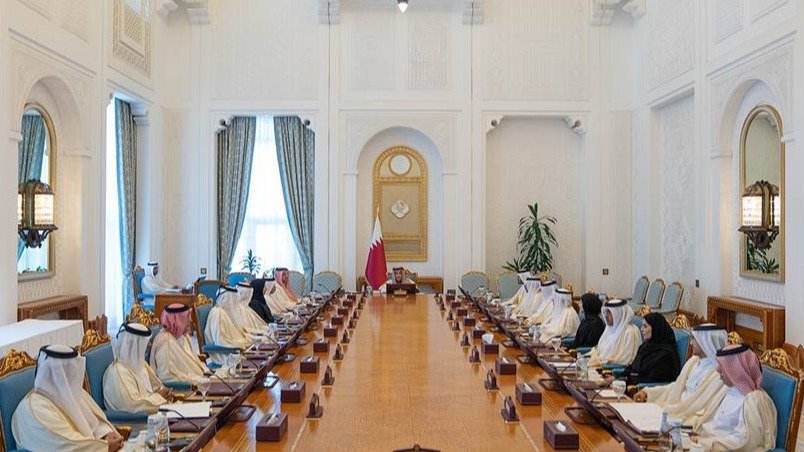
Qatar Cabinet approved a proposal to allow children to enroll in kindergarten...
May 23, 2024
